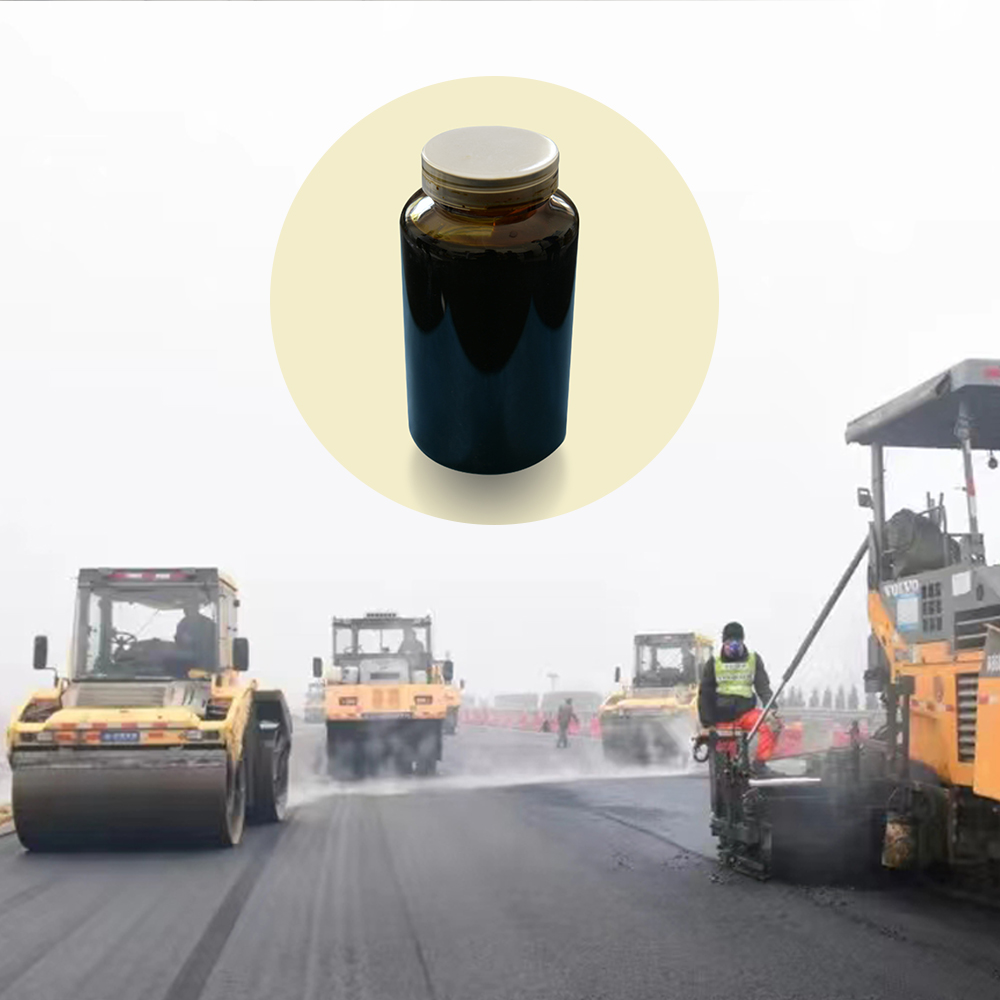Table of Contents
Benefits of Using Warm Mixing Agents in Asian Construction Projects
Warm mixing agents have become increasingly popular in Asian construction projects due to their numerous benefits. These agents are additives that are mixed with asphalt to lower the mixing and compaction temperatures, resulting in a more sustainable and environmentally friendly construction process. In this article, we will explore the advantages of using warm mixing agents in Asian construction projects.
One of the key benefits of warm mixing agents is their ability to reduce energy consumption. By lowering the mixing and compaction temperatures, these agents require less energy to produce asphalt, resulting in lower fuel consumption and reduced greenhouse gas emissions. This not only helps to reduce the carbon footprint of construction projects but also lowers operating costs for contractors.
| No. | Product |
| 1 | Asphalt Warm Blend Agent |
In addition to being more environmentally friendly, warm mixing agents also offer improved workability and compaction of asphalt. The lower temperatures at which the asphalt is mixed and compacted allow for better workability, making it easier for construction workers to achieve the desired density and smoothness of the pavement. This results in a higher quality finished product that is more durable and longer-lasting.
Furthermore, warm mixing agents have been shown to improve the overall performance of asphalt pavements. By reducing the aging of the asphalt binder and improving the adhesion between the binder and aggregate, these agents help to increase the resistance of the pavement to cracking and rutting. This results in a longer service life for the pavement, reducing the need for frequent maintenance and repairs.
Another advantage of using warm mixing agents in Asian construction projects is their ability to extend the paving season. Traditional hot mix asphalt requires warm temperatures for proper mixing and compaction, limiting the construction season to the warmer months. With warm mixing agents, asphalt can be produced and laid at lower temperatures, allowing for construction to continue even in cooler weather. This not only extends the construction season but also helps to reduce delays and keep projects on schedule.
Additionally, warm mixing agents have been shown to improve the work Environment for construction workers. The lower temperatures at which the asphalt is mixed and compacted reduce the risk of burns and other injuries associated with hot mix asphalt. This creates a safer and more comfortable working environment, leading to increased productivity and morale among construction crews.
Overall, the benefits of using warm mixing agents in Asian construction projects are clear. From reducing energy consumption and greenhouse gas emissions to improving the quality and performance of asphalt pavements, these agents offer a sustainable and cost-effective solution for contractors. By incorporating warm mixing agents into their construction practices, Asian makers can achieve better results while also contributing to a more environmentally friendly industry.
Comparing Different Warm Mixing Agents Used by Asian Manufacturers
Warm mixing agents are essential components in the production of asphalt mixtures, as they help reduce the viscosity of the binder at lower temperatures, making it easier to work with. Asian manufacturers have been at the forefront of developing and using various warm mixing agents to improve the performance and sustainability of asphalt pavements. In this article, we will compare different warm mixing agents used by Asian makers and discuss their benefits and drawbacks.
One of the most commonly used warm mixing agents in Asia is Sasobit, a synthetic Wax-based additive that can lower the mixing and compaction temperatures of asphalt mixtures by up to 40°C. Sasobit is known for its ability to improve workability and reduce energy consumption during the production process. However, some studies have shown that Sasobit may have a negative impact on the long-term performance of asphalt pavements, as it can Lead to premature aging and cracking.
Another popular warm mixing agent used by Asian manufacturers is Evotherm, a chemical additive that can reduce the production temperature of asphalt mixtures by up to 50°C. Evotherm is known for its ability to improve the workability and compactability of asphalt mixtures, as well as reduce emissions and energy consumption during production. However, some studies have shown that Evotherm may increase the susceptibility of asphalt mixtures to moisture damage and rutting.
In recent years, Asian manufacturers have also started using Rediset, a warm mix asphalt technology that involves the use of a chemical additive to reduce the production temperature of asphalt mixtures by up to 70°C. Rediset is known for its ability to improve the workability and durability of asphalt pavements, as well as reduce emissions and energy consumption during production. However, some studies have shown that Rediset may have a negative impact on the long-term performance of asphalt pavements, as it can lead to premature aging and cracking.
Overall, each warm mixing agent used by Asian manufacturers has its own set of benefits and drawbacks. Sasobit is known for its ability to improve workability and reduce energy consumption, but it may have a negative impact on the long-term performance of asphalt pavements. Evotherm is known for its ability to reduce emissions and energy consumption, but it may increase the susceptibility of asphalt mixtures to moisture damage and rutting. Rediset is known for its ability to improve the workability and durability of asphalt pavements, but it may have a negative impact on the long-term performance of asphalt pavements.

In conclusion, Asian manufacturers have been at the forefront of developing and using various warm mixing agents to improve the performance and sustainability of asphalt pavements. While each warm mixing agent has its own set of benefits and drawbacks, it is important for manufacturers to carefully consider the specific needs and requirements of their projects when selecting a warm mixing agent. By doing so, they can ensure the successful and long-lasting performance of their asphalt pavements.

